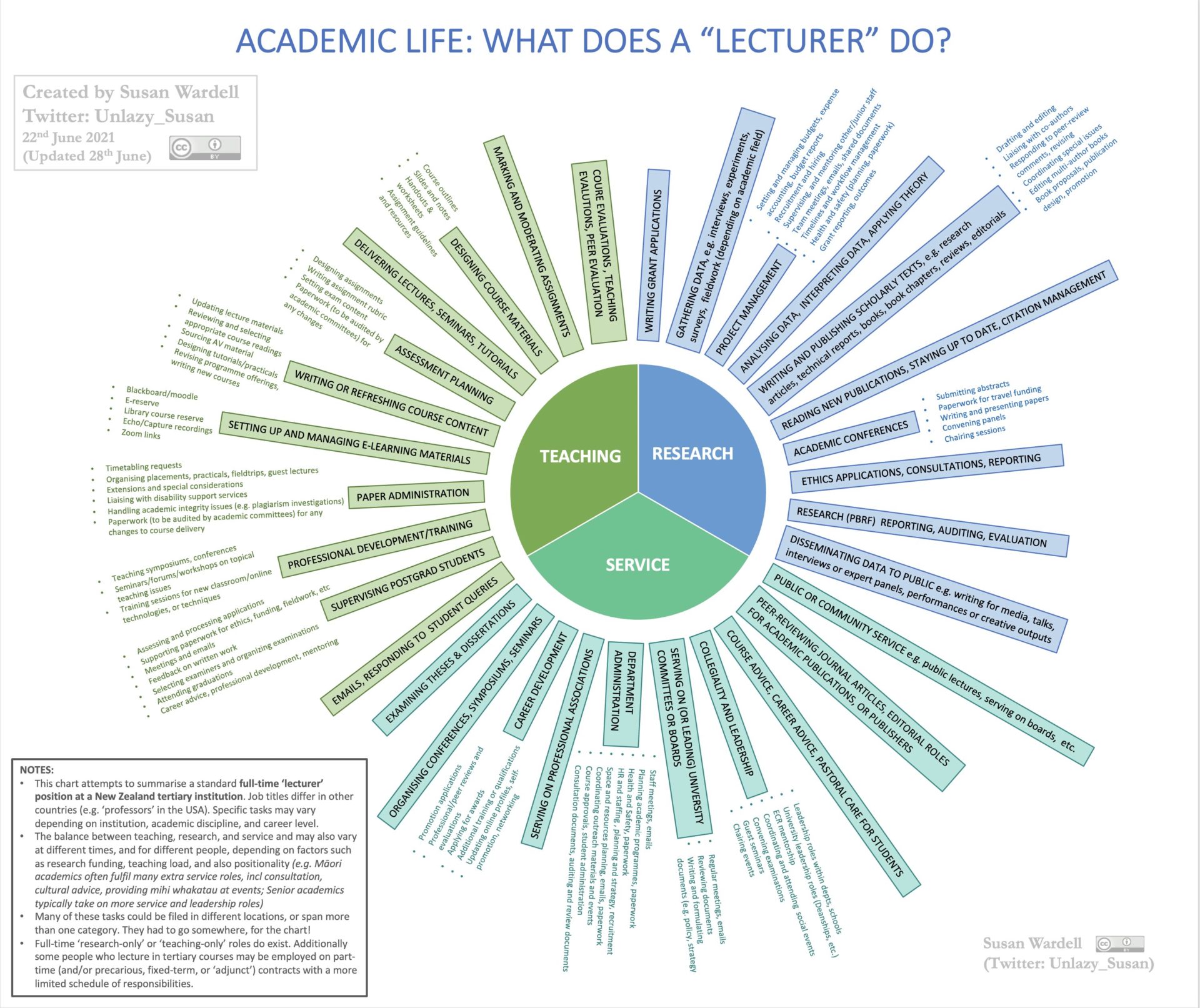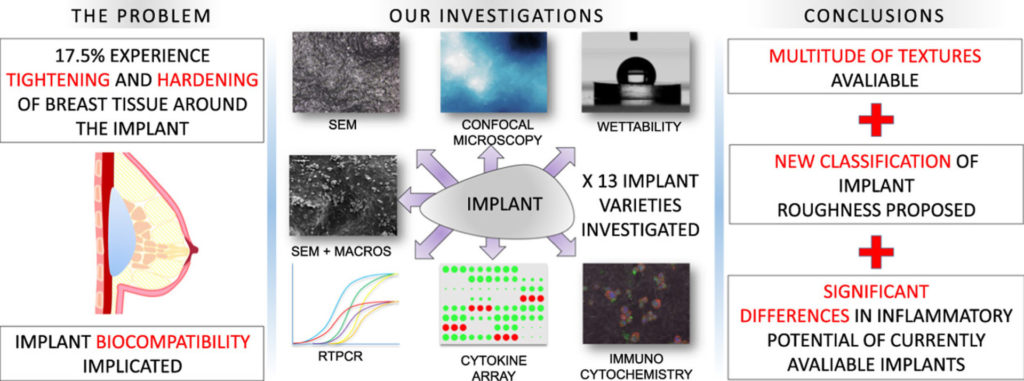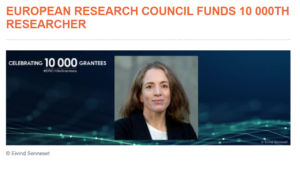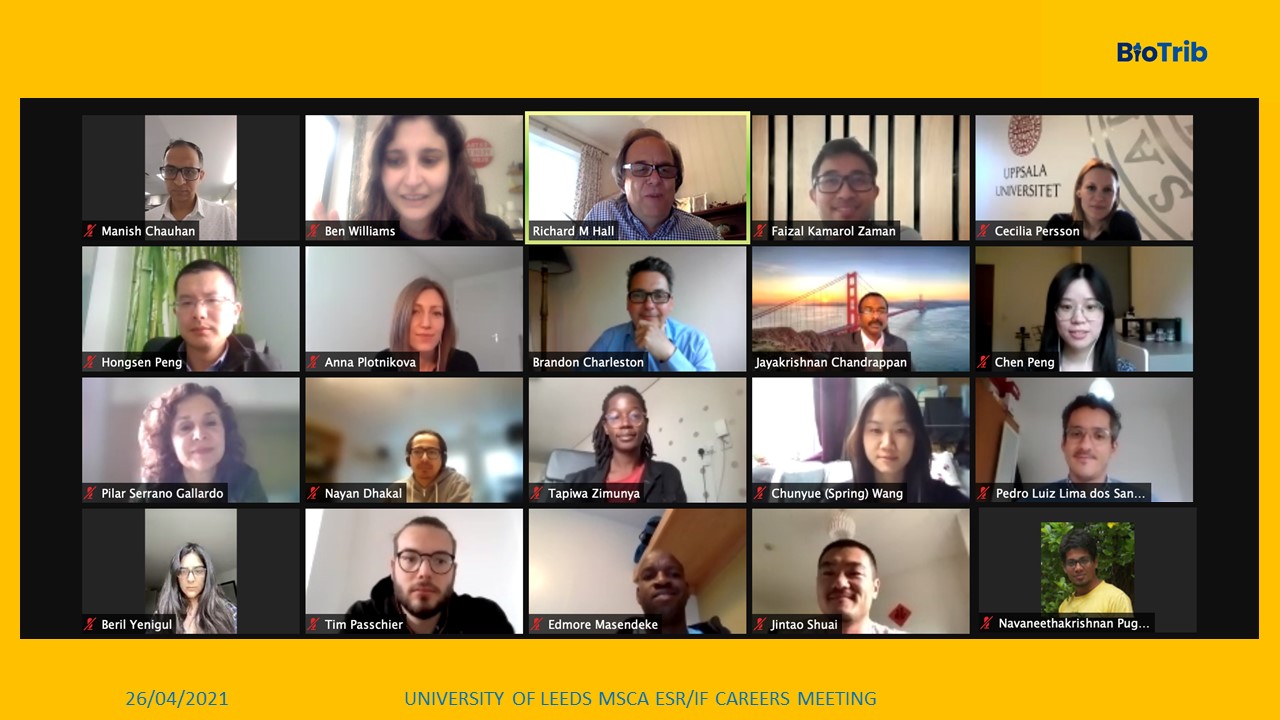It is pretty much a standard joke about what academics do with their time including the perception we have lengthy holidays when the UG students are on vacation. This view is held in not only amongst the public at large but by our own students, their parents and, rather alarmingly, by policy makers and even former Ministers of Education (I thought there would have been solidarity amongst professions that have a long summer ‘recess’).
Dr Susan Wardell from Social Anthropology at the University of Otaga, NZ, has produced an infographic of the life of an academic and the various tasks we have perform to fulfil our obligations to our stakeholders (see below). There is further info on Dr Wardell’s twitter feed. What is left off the infographic is the number of hours a typical academic works – which in the UK is in excess of that defined by the working time directive – 48 hours (when the UK was a member of the EU it was the only country to have an exemption from this legislation). Prof. Katherine Sang et al (2015) provides a critique of this phenomena. This is not an isolated discussion (just type ‘How many hours a week do academics work’ into a search engine) especially around the reducing focus on research. 
An academic’s role within the University environment. Creative Commons License – Copyright, Susan Wardall – Source Twitter: Unlazy Susan.






